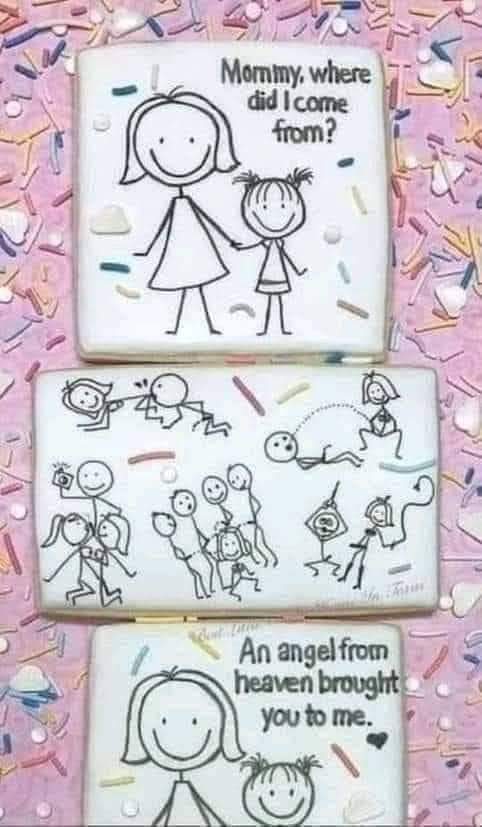My introduction to death and grief came at a very young age — my mother was in a car accident when I was five years old. It was tragic and sudden — she was pronounced dead at the scene.
At that age, I didn’t understand death or that it was final, and following my mother’s death, I remember feeling a lot of confusion. I was sure she was alive, just away somewhere, but she never came home. Eventually, I realized she was gone.
My family isn’t very religious but most of my relatives do identify as Christians, and even at a young age, I was aware of my family’s belief in an afterlife. I found it comforting that one day I would meet my mother. I liked to think she was still in my life watching over me. She knew what I thought and felt.
Now I’m an atheist, and I know death is final. That’s it. It’s important to really make the most of life because there’s nothing after it. So with that in mind, I no longer hope to see my mom again one day, but I do spend time admiring what she did in life. She was an accomplished artist and art teacher and I think it’s awesome to have her paintings all over our house.
So maybe it was that early experience with death and grief — maybe it’s not — but people have told me that I’m weird about death.
I don’t like funerals. I don’t need to look at a dead body and I don’t need closure.
I’m cold and I don’t like to be touchy-feely. Sometimes it takes me a long time to show emotion. Sometimes I don’t react at all.
And as you can imagine, I cringe when I hear, “they’re in a better place” or “we’ll see each other again one day”, but I’m obviously not going to say anything about it.
I’d just like to say that we all approach death and grief differently, and for me, being an atheist plays a part.
How about you? How do you feel about death? Are you weird like me?

